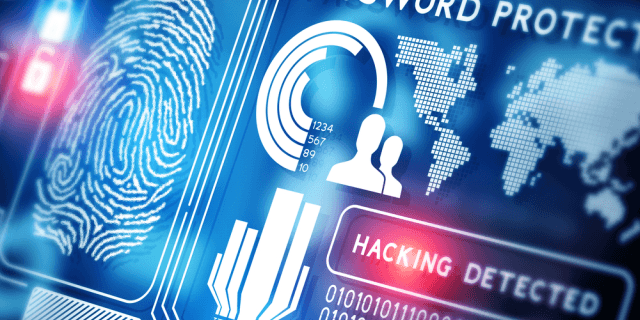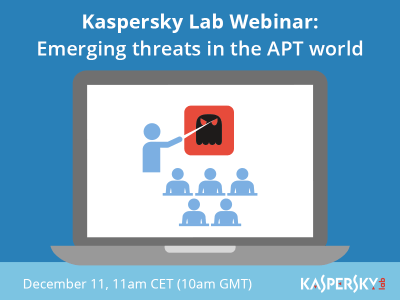
With the doors wide open: yet another Sony megahack
Sony Pictures Entertainment fell victim to a massive hack. Attackers used destructive malware to bring SPE networks down, while stealing up to 11 TB of data, which included both trade secrets, yellow press fodder, passwords to social networks accounts, and a lot of private information.
 Destover
Destover
 APT
APT

 #tips
#tips
 Cars
Cars


 false perception of IT security
false perception of IT security
 Android
Android


 cyberthreats
cyberthreats







